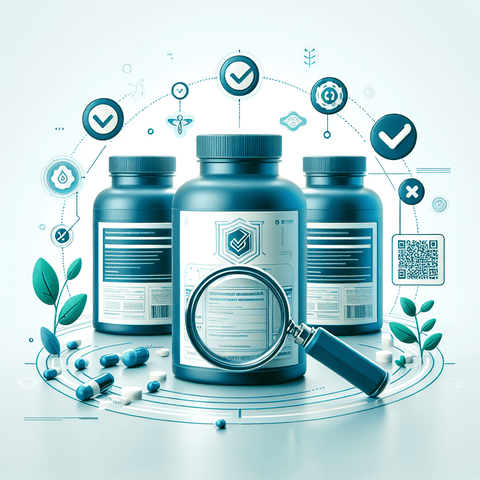Spotting scams before you click buy is essential in supplement scam detection. This page helps you learn telltale red flags for fake pills, how to verify labels, and simple checks to protect your wallet. The focus here is on practical, no-nonsense guidance to help you evaluate products without being swayed by hype. By applying a few core checks, you can improve your shopping decisions and minimize wasted money. Red flags for fake pills include sensational promises, “miracle” cures, or guarantees of results with no risk. Look for missing or ambiguous manufacturer information, such as an absent physical address or a phone number you can’t verify. Packaging with typos, barcodes that don’t scan, or inconsistent label details can also signal trouble. Beware of deals that seem too good to be true, especially free trials or auto-renew programs that hook you into ongoing charges. If the seller pressures you to buy now or insists you won’t find these items elsewhere, that’s a strong sign to slow down and reassess. Label verification is a core component of supplement scam detection. Read the label carefully for the product name, the manufacturer’s name and contact details, a complete ingredient list with quantities per serving, and any required disclaimers. Check expiration dates and batch or lot numbers; legitimate products typically include these details. If there is a third-party testing seal, confirm its validity by visiting the certifier’s website rather than relying on an image alone. Cross-check the product on the brand’s official site or trusted retailers, and be wary of listings that lack consistent information across sources. Simple checks to protect your wallet include using secure payment methods that offer buyer protection, such as credit cards, and avoiding wire transfers or crypto for purchases. Read the seller’s refund and return policy before buying, and keep documentation of all transactions. Compare prices across reputable retailers to spot outliers, and watch for high shipping costs that erase savings. If something feels off, trust your instincts and walk away. For added safety, report suspicious listings to consumer protection agencies or the FTC so others can avoid the same scams, contributing to stronger supplement scam detection overall.

